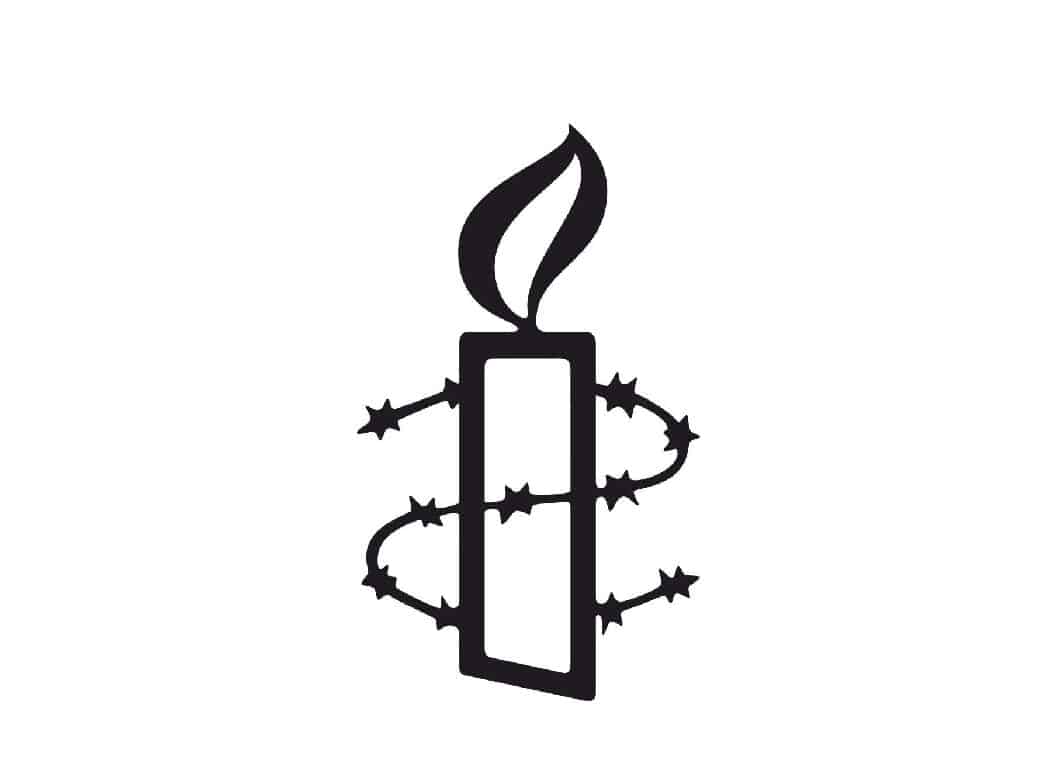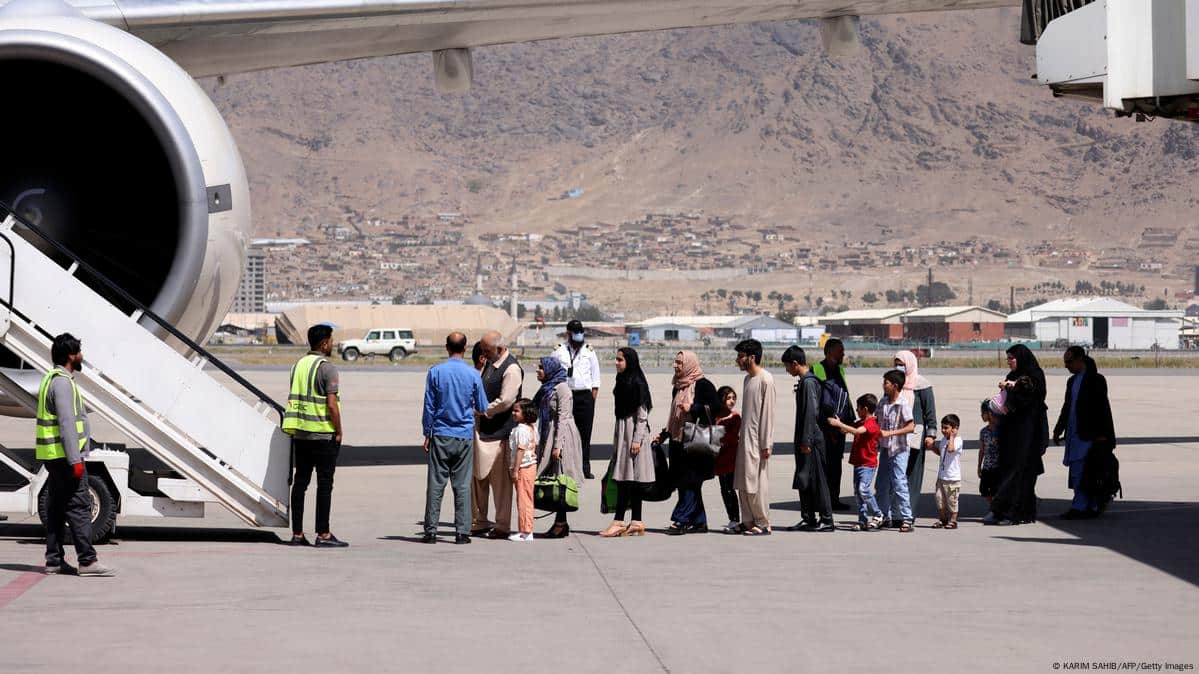
Germany introduces Opportunity Card to entice non-EU workers
آلمان کارت فرصت را برای جذب کارگران غیر اتحادیه اروپا معرفی میکند
یک طرح جدید که به کارگران ماهر غیر اتحادیه اروپا اجازه میدهد برای جستجوی کار به آلمان بیایند، اجرا شده است. صلاحیت برای کارت فرصت جدید بر اساس مهارتهای زبانی، تحصیلات و تجربه شغلی، در میان سایر عوامل، تعیین میشود.
از روز شنبه، کارگران ماهر از خارج از اتحادیه اروپا قادر خواهند بود تا برای یک سال به آلمان نقل مکان کرده و به دنبال کار باشند، اگر معیارهای لازم را برآورده کنند.
این طرح ویزای جدید بخشی از بسته قانونگذاری است که به منظور رفع کمبود شدید نیروی کار ماهر در آلمان انجام شده است.
وزیر کشور، نانسی فائزر، روز شنبه گفت: «ما اطمینان حاصل میکنیم که کارگران و نیروهای ماهر که اقتصاد ما به آنها سالهاست نیاز مبرم داشته، بتوانند به کشور ما بیایند.»
این طرح جدید چیست؟
کسانی میتوانند برای کارت فرصت، که به زبان آلمانی Chancenkarte نامیده میشود، اقدام کنند که حداقل دو سال آموزش حرفهای یا مدرک دانشگاهی مورد تایید از کشور مبدا را دارا باشند.
آنها همچنین باید از دانش زبان آلمانی یا انگلیسی برخوردار باشند.
صلاحیت برای این طرح بر اساس یک سیستم امتیازی و بر پایه مهارتهای زبانی، تجربه حرفهای، سن و پیوندهای فرد با آلمان تعیین خواهد شد. حداقل شش امتیاز لازم است تا فرد بتواند کارت را دریافت کند.
اگر فردی کارت دریافت کند، او قادر خواهد بود برای تا یک سال وارد آلمان شده و به دنبال کار باشد. در این مدت، شرکتکنندگان در این طرح میتوانند تا ۲۰ ساعت در هفته در شغلهای پارهوقت یا آزمایشی کار کنند.
این طرح نیاز به ارائه قرارداد با یک شرکت آلمانی توسط ساکنان غیر اتحادیه اروپا قبل از اجازه ورود به کشور را برطرف میکند.
فرصتهایی برای جویندگان کار بالکان نیز در آلمان گسترش یافته است
از روز شنبه، فرصتهایی برای جویندگان کار از بالکان غربی نیز گسترش یافته است، از جمله برای کارگران غیرماهر.
به جای تعداد قبلی ۲۵۰۰۰ نفر، تا ۵۰۰۰۰ شهروند از آلبانی، بوسنی و هرزگوین، کوزوو، مونتهنگرو، مقدونیه شمالی و صربستان بدون نیاز به ارائه هرگونه صلاحیت حرفهای به بازار کار آلمان دسترسی خواهند داشت.
با این حال، افراد از کشورهای بالکان غربی همچنان باید قراردادی با شرکت آلمانی داشته باشند تا بتوانند وارد آلمان شوند.
Germany introduces Opportunity Card to entice non-EU workers
A new scheme allowing skilled non-EU workers to come to Germany to seek work has gone into force. Eligibility for the new Opportunity Card is based on language skills, education and job experience, among other factors.
As of Saturday, skilled workers from outside the European Union will be able to move to Germany and seek work for up to a year if they fulfill the right criteria.
The new visa scheme is part of part of a package of legislation that aims to remedy Germany’s acute shortage of skilled labor.
“We are ensuring that workers and skilled workers that our economy has urgently needed for years can come to our country,” Interior Minister Nancy Faeser said on Saturday.
What is the new scheme?
People can apply for the so-called Opportunity Card, known as the Chancenkarte in German, if they have had at least two years of vocational training or possess a university degree recognized in the country it was obtained in.
They must also have knowledge of German or English.
Eligibility for the scheme will be decided according to a points system on the basis of an applicant’s language skills, professional experience, age and ties to Germany. At least six points are required to obtain a card.
If an applicant receives a card, she or he will be able to enter Germany and look for a job for up to year. During that time, participants in the scheme can work up to 20 hours a week in part-time or trial jobs.
The scheme removes the necessity for non-EU residents wanting to work in Germany to present a contract with a German company before being permitted to enter the country.
Opportunities for Balkan jobseekers also expanded in Germany
From Saturday, opportunities for jobseekers from the Western Balkans have also been expanded, including for non-skilled workers.
Instead of the previous 25,000, up to 50,000 nationals from Albania, Bosnia-Herzegovina, Kosovo, Montenegro, North Macedonia and Serbia will have access to the German labor market without having to present any professional qualifications.
However, people from the West Balkan countries will still require a contract with a German company to be able to enter Germany.
Source
- Tags
- Europe



